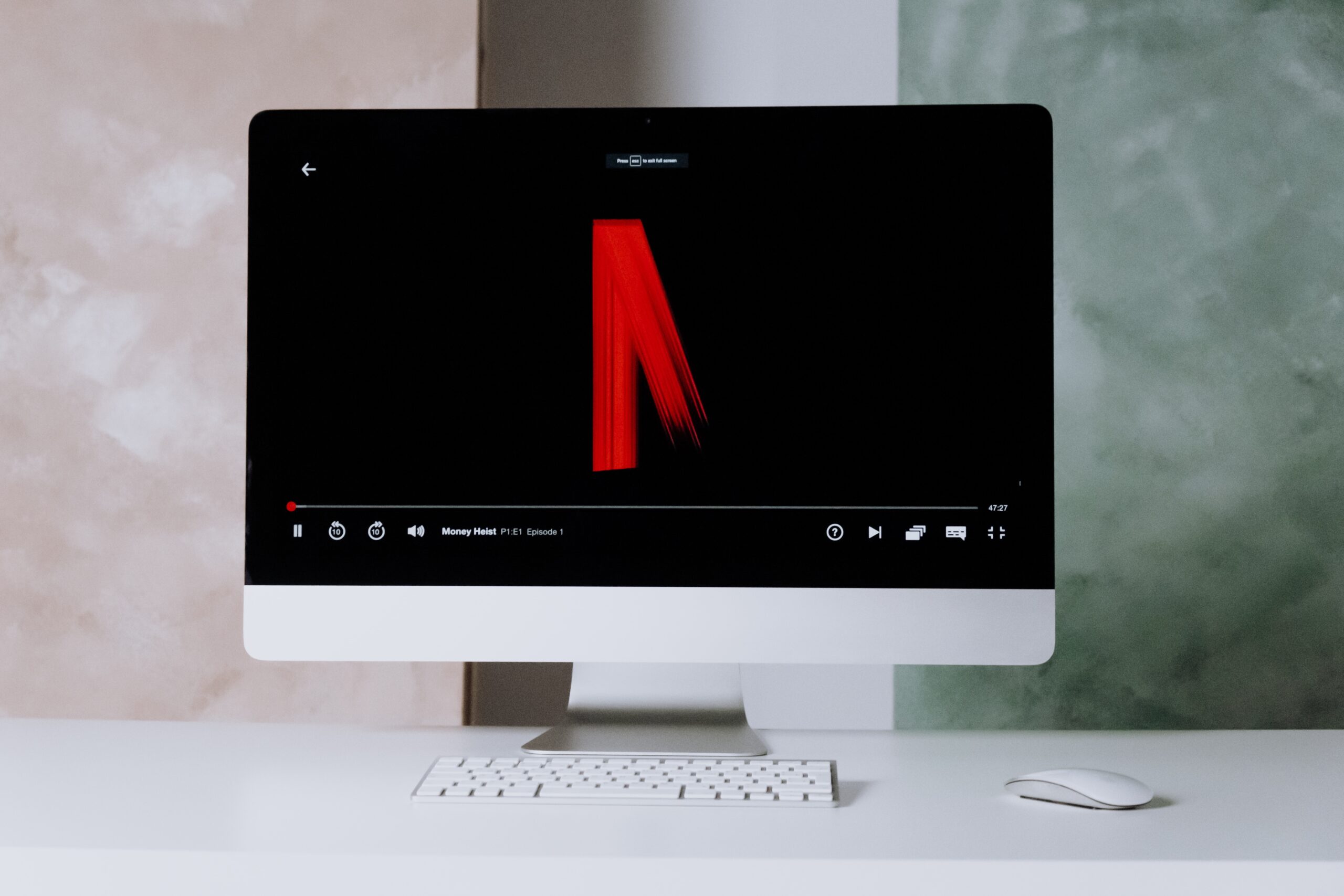Kenya and Netflix Africa reach a mutual agreement to halt the streaming of LGBTQ-focused films in adherence to local regulations.
In February of this year, following discussions initiated in October 2021, Kenya and Netflix Africa finalized an agreement permitting Netflix to self-categorize streamed movies in Kenya by excluding LGBTQ-specific content. Kenya Film Classification Board and Netflix Africa collaborate to limit the streaming of LGBTQ-themed films in compliance with local laws.
The Kenya Film Classification Board (KFCB) has classified LGBTQ-specific content as “restricted,” prohibiting its broadcast, exhibition, and distribution to the public. This decision is based on the belief that such content glorifies, normalizes, promotes, and propagates homosexuality, which is deemed illegal under Section 165 of the Penal Code. Parliament further passed a resolution in March, banning public discussions of LGBTQ-specific issues, including in the media. The proposed Family Protection Bill of 2023 even includes provisions for the death penalty for LGBTQ individuals and criminalizes the so-called promotion of LGBTQ practices.
The KFCB, deriving its authority from the Films and Stage Act, regulates the public exhibition, distribution, possession, and broadcasting of content. However, live programming and news are exempt from the board’s content classification.
The rapid growth of digital technology has prompted the KFCB to explore effective methods of classifying and regulating films streamed on various digital platforms, including video-on-demand services. In line with this, a proposed law known as the Kenya Film Bill aims to strengthen the KFCB’s role in film classification and regulation within the digital era. The bill would empower the board to issue licenses to filmmakers, distributors, and exhibitors, recognizing its mandate in classifying films under different categories, including restricted or prohibited films in Kenya. In addition to reaching an agreement with Netflix, the KFCB intends to collaborate with other video-on-demand streaming platforms in Kenya to restrict LGBTQ-specific content.
By urging streaming platforms to self-classify movies in accordance with Kenyan laws, the KFCB can more easily monitor compliance.
Egypt, alongside Kenya, has the highest number of Netflix subscriptions in Africa. In September 2022, Egypt’s media regulator warned Netflix and Disney+ against broadcasting LGBTQ-specific content, citing a violation of societal values. Uganda is the most recent African country to join Egypt and Kenya in banning the broadcast of LGBTQ-specific content, following the enactment of the Anti-Homosexuality Act, which includes a death penalty provision for “aggravated homosexuality.” Consequently, DStv-Uganda, owned by MultiChoice Company based in South Africa, ceased airing movies with LGBTQ-specific content to comply with the new law. Filmmakers showcasing LGBTQ-specific movies in Kenya have often found themselves at odds with the KFCB.
For instance, in September 2021, the KFCB banned the screening of a local filmmaker’s gay documentary titled “I Am Samuel,” citing it as “blasphemous” due to its promotion of values conflicting with the constitution, culture, values, and norms. Nevertheless, the documentary has been screened at over 25 film festivals worldwide and made available for streaming on platforms like iTunes, Vimeo, and other international channels.
The government’s decision to ban the documentary was met with criticism from filmmakers and rights groups, who argued that it violated the freedom of expression guaranteed by the Kenyan Constitution. However, their petition challenging the ban was dismissed by Kenyan courts. In addition to restricting the streaming of LGBTQ-specific movies in Kenya, Netflix and the Kenya Film Classification Board have engaged in efforts to safeguard children in the country from harmful online content.

